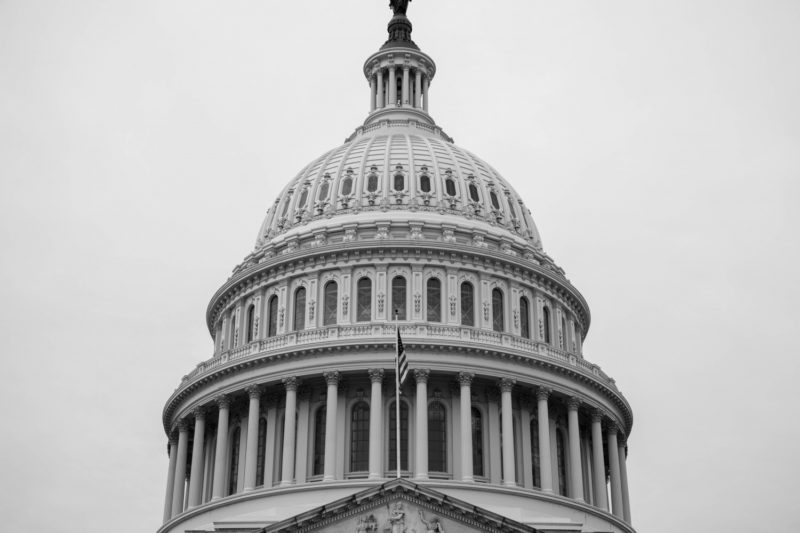Supreme Court Rejects Challenge to the ACA’s Individual Mandate

Save as PDF
On June 17, 2021, the U.S. Supreme Court rejected a lawsuit challenging the constitutionality of the Affordable Care Actâs (ACA) individual mandate in a 7-2 ruling. This lawsuit was filed in 2018 by 18 states as a result of the 2017 tax reform law that eliminates the individual mandate penalty. In 2012, the U.S. Supreme Court upheld the ACA on the basis that the individual mandate is a valid tax. With the penaltyâs elimination, the appeals court in this case determined that the individual mandate is no longer valid under the U.S. Constitution.
Supreme Courtâs Ruling
The Supreme Court determined that the plaintiffs in this case did not have standing to sue, meaning that they have not shown that they suffered any injury as a result of the elimination of the individual mandate penalty and, therefore, do not have a legal right to sue. As a result, the ACA as it exists today will remain in place.
According to the Court, allowing a lawsuit “attack[ing] an unenforceable statutory provision [to continue] would allow a federal court to issue what would amount to ‘an advisory opinion without the possibility of any judicial relief.’”
The Court did not make any determinations on any other issue in the case, including the validity of the individual mandate or whether the rest of the ACA can be severed from the individual mandate provision. However, this case is now concluded and the ACA will remain in place.







